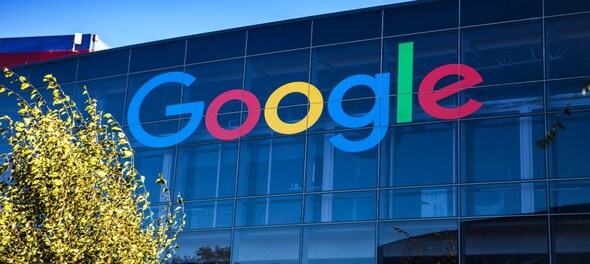
What do Google Talk, Google Voice, Google Wave, Google Plus, Google Hangouts, Google Allo, and Google Duo have in common? All these apps were meant to function as communication apps and platforms, and all of them are currently dead.
While failed products and services are nothing new for Californian tech giants like Google, Apple, Meta and others, Google’s graveyard of projects run deeper than most of its competitors.
While Meta has WhatsApp and Facebook Messenger, Apple has iMessage, Salesforce has Slack, Tencent has WeChat, and Microsoft has Teams, Google has no comparative offering right now. Messaging may not always directly impact the bottom line of a company, but these apps create a powerful ecosystem that can directly benefit their companies in the long run.
Google’s track record in this space has been spotty, to say the least. The company, in fact, has a terrible history when it comes to supporting messaging apps and services that it launches. A big believer in launching messaging services in a “minimally viable state”, where it deems it less risky to ship off products with only barebones features and then subsequently use customer feedback to determine the future direction of app development, Google never really drew long-term plans for its messaging ecosystem. This lack of planning and future vision resulted in Google pumping out more than a dozen messaging services, most of which are now dead.
Even now, Google is running eight different messaging services none of which are interconnected to one another apart from sharing the Google branding, reported Ars Technica. Current offerings from Google include, Google Messages, Google Chat/Hangouts, Google Voice, Google Photos Messages, Google Pay Messages, Google Maps Business Messages, Google Stadia Messages, and Google Assistant Messaging. Though some of them aren’t dedicated messaging apps, they have their own independent messaging ecosystem that doesn’t connect to any of Google’s other offerings.
Among the various factors contributing to this mess is the fact that there is no specific team, division or section in Google responsible for its messaging products. All the messaging apps and services were mostly built by employees who were enthusiastic about an idea and created on it, only to receive minimal to no support and clear direction.
This style of management towards the messaging ecosystem highlights a stark difference in how its competitors are operating.
Apple, as seen by its filings in California's Epic Games vs Apple lawsuit, highly values its “walled garden” ecosystem which is significantly maintained by iMessages. Meta, then Facebook, and Salesforce buying WhatsApp and Slack respectively were some of the biggest acquisitions in the tech industry. And the popularity of remote working and digital communications has meant that companies like Microsoft, Zoom and others continue to invest huge sums of money in improving their platforms.
Google’s past failures and constant shutdown of apps has meant one thing that customers are no longer willing to trust Google’s newer messaging platforms just based on the company’s name alone. For a company as large as Google, this means that breaking into a space so dominated by its competitors is just that much harder.



